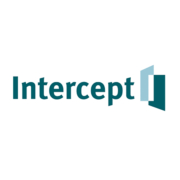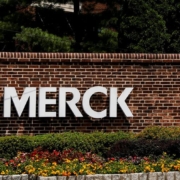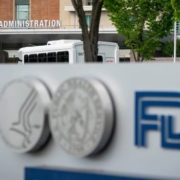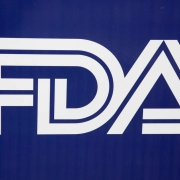Regeneron and Sanofi carve out bigger slice of NSCLC market with new approval
Regeneron and Sanofi carve out bigger slice of NSCLC market with new approval
Published: Nov 09, 2022
By Heather McKenzie
BioSpace
With a supplemental FDA approval, Regeneron and Sanofi’s Libtayo has cornered a bigger piece of the non-small cell lung cancer market, giving patients with a wider range of disease characteristics have a new treatment option.
Late Tuesday, Regeneron announced approval for Libtayo (cemiplimab-rwlc), a PD-1 inhibitor, in combination with platinum-based chemotherapy as a first-line therapy for advanced NSCLC patients with no EGFR, ALK or ROS1 aberrations. It is the drug’s second approval in this space.
In a statement, David R. Gandara, M.D., professor emeritus and senior advisor of the thoracic oncology program at the University of California Davis Comprehensive Cancer Center, said the approval “greatly broadens the scope” of the treatment.
Libtayo, developed in a partnership that has borne four FDA approvals to date, was first greenlit in February 2021 for the first-line treatment of patients with advanced NSCLC whose tumors have high PD-L1 expression. Libtayo is approved as a monotherapy in this indication.
The newest approval is based on data from the Phase III EMPOWER-Lung 3 trial where Libtayo plus chemotherapy led to an overall survival advantage of 22 months versus 13 months with chemotherapy alone.
This represented a 29% relative reduction in risk of death, according to Regeneron. The 12-month probability of survival was 66% for the Libtayo combination versus 56% for chemotherapy alone. The overall response rate was 43% vs. 23%.
The trial consisted of 466 patients with locally advanced or metastatic NSCLC irrespective of PD-L1 expression or tumor histology who lacked EGFR, ALK or ROS1 aberrations.
Patients were randomized 2:1 to receive either Libtayo or placebo plus chemotherapy intravenously every three weeks. The trial was stopped early due to what Regeneron called “significant improvement” in overall survival for patients receiving the Libtayo combination.
Libtayo, a fully human monoclonal antibody, works by blocking cancer cells from using the PD-1 pathway to suppress T-cell activation. It was developed using Regeneron’s proprietary VelocImmune technology.
According to Israel Lowy, M.D., Ph.D., senior vice president, translational and clinical sciences, oncology at Regeneron, the PD-L1-irrespective feat has only been met by one other PD-1 targeting agent.
The partnership with Sanofi, struck in 2015, has proven particularly lucrative. In addition to NSCLC, Libtayo is authorized in the U.S. to treat certain patients with basal cell carcinoma and advanced cutaneous squamous cell carcinoma. In Canada and Brazil, it is authorized for advanced cervical cancer.
In June, Sanofi sold worldwide licensing rights to its partner for an upfront payment of $900 million and an 11% royalty on worldwide net sales.
Source: BioSpace

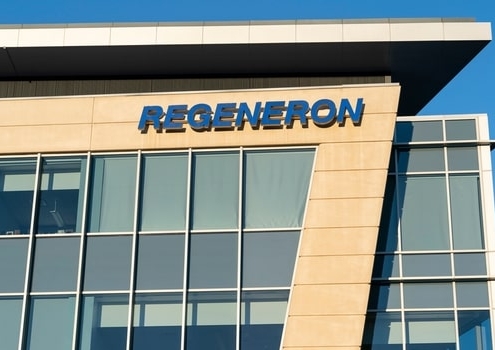 Getty Images
Getty Images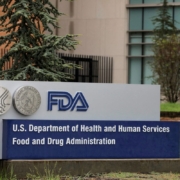 Reuters
Reuters

